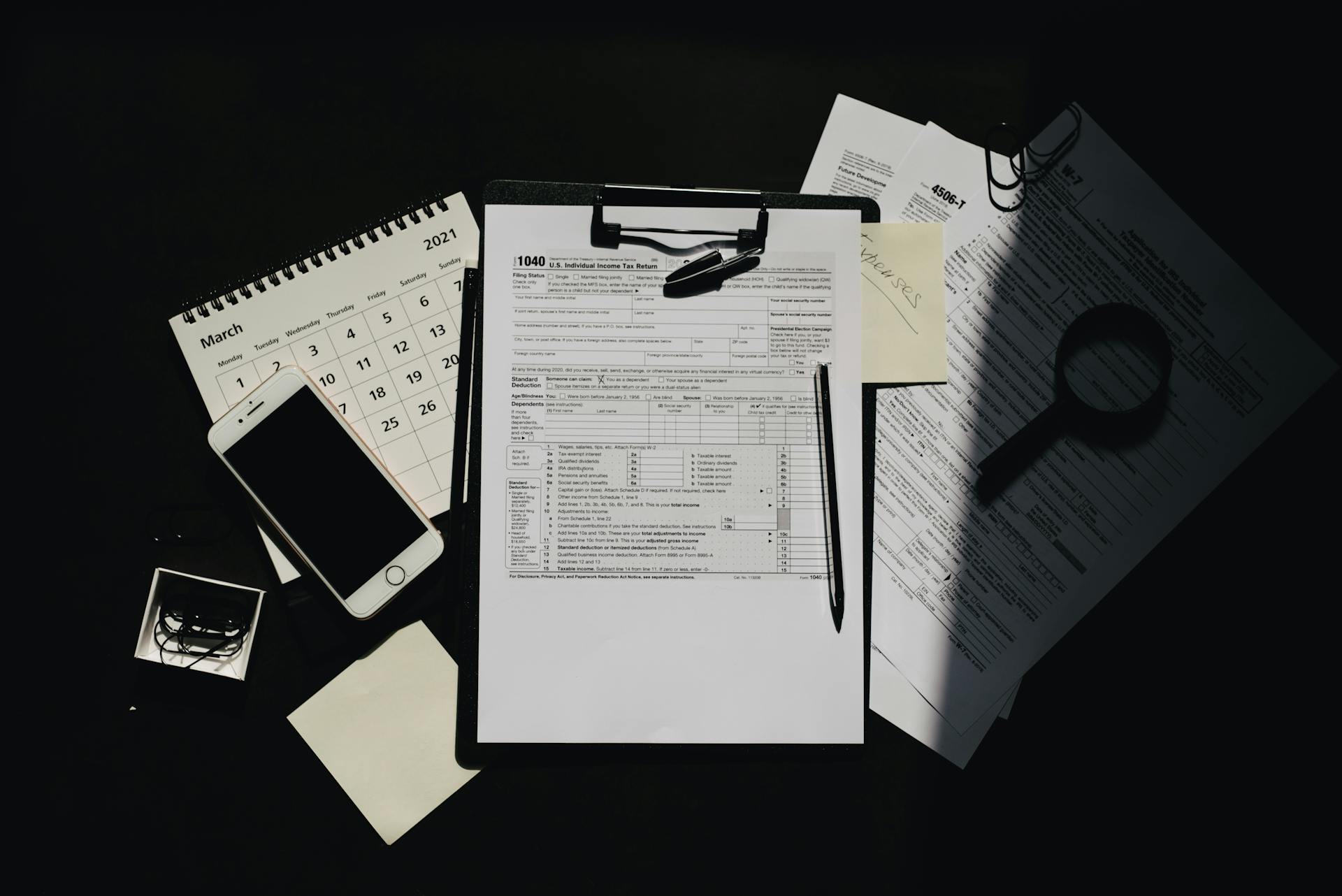
The IESBA Group Audits are a crucial part of the auditing process, designed to ensure that financial statements are presented fairly and accurately.
The IESBA Group Audits are mandatory for public interest entities, such as banks and insurance companies, due to their significant impact on the economy and public trust.
A group audit involves auditing the financial statements of a parent company and its subsidiaries, ensuring that all financial information is consistent and reliable.
In a group audit, the auditor must identify and assess the risks associated with the group's financial statements, including the risk of material misstatement.
The auditor must also evaluate the effectiveness of the group's internal controls and risk management processes to ensure that they are adequate and functioning properly.
IESBA Group Audits require auditors to consider the unique challenges and risks associated with group audits, such as the complexity of group structures and the need for coordination between audit teams.
Explore further: Iesba Code
Independence Requirements
The IESBA has made significant changes to the independence requirements for group audits. These changes aim to strengthen and clarify the independence principles that apply to individuals involved in group audits.
The revisions specify the need for, and content of, appropriate communication on independence matters between the group auditor firm and component auditor firms participating in the group audit. This ensures that all parties involved are aware of their independence responsibilities.
The process to address a breach of an independence provision at a component auditor firm has been more explicitly detailed. This reinforces the importance of transparency and appropriate communication with those charged with governance of the group.
The revisions also amend the definitions of terms like "engagement team" and "audit team" in the ethics code. This change recognizes the different and evolving engagement team structures and addresses the implications of those definitional changes.
The IESBA has introduced Section 405 of the Code to address group audit independence requirements. This section covers specific independence requirements for group audit team members and component auditor firms within or outside of the group auditor firm's network.
You might like: Financial Audit Firms
Here are the key areas covered by the revisions:
- Strengthened and clarified independence principles
- Specified need for and content of communication on independence matters
- More explicit process for addressing independence breaches
- Amended definitions of engagement team and audit team
- Guidance for determining who is included in an engagement team or audit team
The changes will take effect for audits of financial statements and group financial statements for periods beginning on or after December 15, 2023, with early adoption permitted.
Engagement Team
The engagement team plays a crucial role in a group audit, and it's essential to understand who is part of this team. The International Ethics Standards Board for Accountants (IESBA) has updated the definition of an engagement team to align with the International Standards on Auditing (ISAs) and International Standards on Quality Management (ISQMs).
The updated definition includes any individuals, regardless of employment status or location, who perform procedures on the engagement and can be directed, supervised, and reviewed in accordance with ISA 220 (Revised). This means that all individuals who perform audit procedures on the engagement are part of the engagement team.
The engagement team includes the members of the engagement team and any other individuals within or engaged by the firm, as well as individuals within a network firm, who can directly influence the outcome of the engagement. This can include engagement quality reviewers (EQR), but excludes external experts and internal auditors.
Members of the engagement team and the audit team are required to comply with the relevant provisions of the International Independence Standards (IIS).
Group Audit Team
The group audit team plays a crucial role in ensuring the integrity and accuracy of group audits.
In a group audit context, the group engagement team includes any partners and staff from the group auditor firm, as well as any other individuals who perform procedures on the engagement, whether within or outside the firm.
External experts and internal auditors are excluded from the group engagement team, so it's essential to keep that in mind when assembling your team.
The group audit team also includes individuals within or engaged by the group auditor firm who can directly influence the outcome of the group audit.
In addition, the group audit team includes individuals within the same network as the group auditor firm or a component auditor firm outside the group auditor firm's network who can directly influence the outcome of the group audit.
Here are the key members of the group audit team:
- Group engagement team (partners and staff from the group auditor firm and others who perform procedures)
- Individuals within or engaged by the group auditor firm who can directly influence the outcome of the group audit
- Individuals within the same network as the group auditor firm or a component auditor firm outside the group auditor firm's network who can directly influence the outcome of the group audit
Individuals who cannot directly influence the outcome of the group audit are excluded from the group audit team, even if they can influence the component audit.
Professional Ethics
Professional Ethics are crucial in auditing, and the IESBA Group has guidelines to ensure accountants exhibit ethical behavior. This includes setting an expectation for an ethical organizational culture, where professionals exhibit ethical behavior in their relationships and actions.
Guidance on exhibiting ethical behavior includes promoting and encouraging an ethics-based culture in the firm. This means creating an environment where professionals feel comfortable speaking up about unethical behavior.
The IESBA Group also provides updated guidance on identifying and evaluating threats associated with technology use, including self-interest and self-review threats. These threats can undermine the integrity of audits and must be carefully considered.
To exercise professional judgment when using technology outputs, factors to consider include the reliability of the technology, the potential for bias, and the accuracy of the results. By considering these factors, accountants can make informed decisions and maintain the integrity of the audit process.
Definition and Client
In April 2022, the IESBA released revisions that specified a broader list of mandatory PIE categories for entities whose audits should be subject to additional independence requirements.
The revisions updated the Glossary definitions of "audit client" and "group audit client" to align with the new term "publicly traded entity", which replaces the term "listed entity".
A publicly traded entity is defined as an entity that is listed on a stock exchange, and this definition is used to determine the level of public interest in an entity.
The IESBA staff developed a jurisdictional PIE database to assist regulators, national standard setters, and other relevant bodies in developing or revising their definitions of PIE at a local level.
The database is intended to help these bodies refine the mandatory PIE categories appropriately and include any other categories which are relevant to their local economy.
Firms are now required to publicly disclose that they have applied the independence requirements for PIEs, if they have done so.
Frequently Asked Questions
Which Iesba code includes independence considerations for group and component auditors?
The IESBA Code addresses independence considerations for group and component auditors, particularly in group audits involving PIEs and non-PIEs. It provides specific requirements for maintaining independence in these complex audit scenarios.
Who oversees Iesba?
IESBA is overseen by the Public Interest Oversight Board (PIOB) and operates under the International Foundation for Ethics and Audit.
What is considered a group audit?
A group audit is the examination of financial statements that combine the financial information of multiple components, such as subsidiaries or branches, into a single set of statements. This type of audit assesses the financial health and accuracy of a group's overall financial position.
What is the difference between Ifac and Iesba?
IFAC is the umbrella organization that oversees the International Ethics Standards Board for Accountants (IESBA), which develops the global code of ethics for professional accountants. IESBA is a subsidiary of IFAC, responsible for maintaining and updating the international Code of Ethics.
Sources
- https://www.ethicsboard.org/news-events/2023-02/iesba-strengthens-and-clarifies-independence-requirements-group-audits
- https://www.ifac.org/knowledge-gateway/discussion/what-s-new-iesba-code-2023-edition-and-beyond
- https://www.fm-magazine.com/news/2023/mar/iesba-releases-final-code-revisions-group-audits.html
- https://www.caalley.com/new-update/international-news-listings/iesba-releases-final-code-revisions-to-group-audits
- https://www.accountingtoday.com/news/iesba-revises-group-audit-ethics-standards
Featured Images: pexels.com


